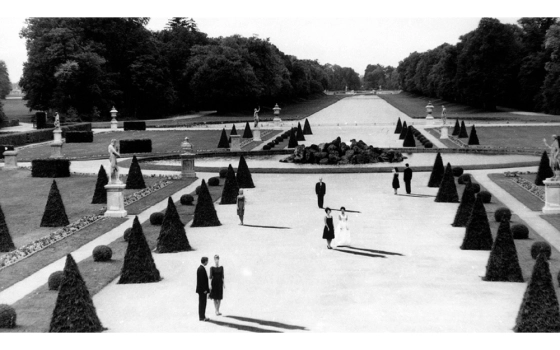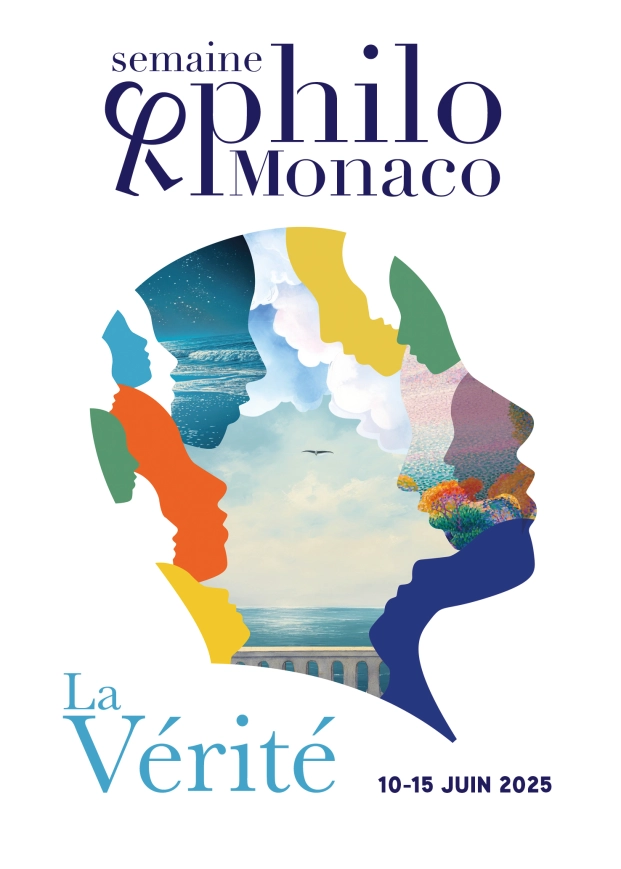
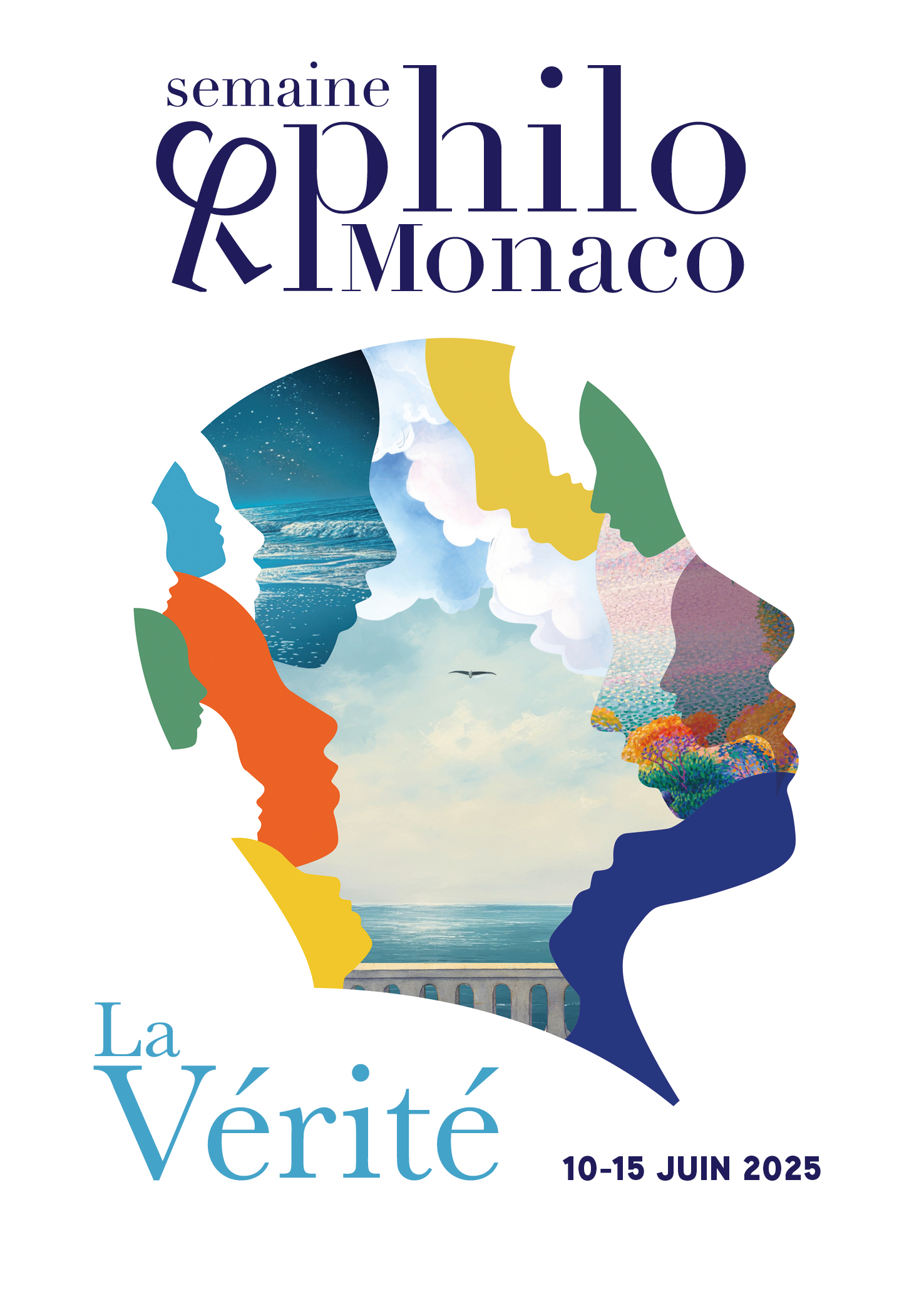
The humour of truth

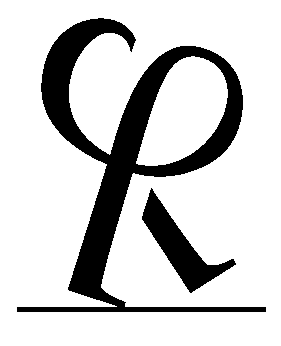
Introduction
Presented by Mouloud Achour, journalist and television presenter
With Gad Elmaleh, comedian and actor
Olivia Gazalé, philosopher
The anecdote, taken from Plato's Theaetetus (174), is famous. Socrates tells a friend the story of Thales, who, busy observing the stars, stumbles and falls into a well. The scene is witnessed by a Thracian maid, "all cute and cheerful". Seeing the fall, she bursts into laughter and mocks poor Thales, who, in wanting to know what is happening in the sky, forgets to pay attention to what lies at his feet. As we can see, from its very beginnings in Greece, philosophy, the very term invented by Thales of Miletus-has been open to flippancy in that it prefers to elevate itself to the lofty spheres of the abstract rather than look down on real, concrete facts. This criticism is unfounded and unfair, of course, but that's beside the point. The point is not how to laugh at philosophy but rather how to "lighten up" the truths it demands. Could laughter be the "fluidity" that prevents the cement of truth from "solidifying", prevents truth from becoming "firm" and unshakeable dogmatism like the bursts of laughter, jokes, sarcasm, facetiousness, and transgressions of the jester in the Middle Ages prevented the king from taking his authority so seriously as to render it intangible and infallible, unassailable. Tyrants "don't laugh", and if they did, they might not be tyrants. Precisely because laughter is the witness that the mind has become sensitive to what it did not expect, to what it did not expect, to surprise, to an incongruous convergence of ideas, to a "vanishing spirit", to the flash of a new intuition, to the evocative power of a word, to the absurdity of a situation, to a paradoxical statement, to the nose-thumbing, with a lightness and audacity thought impossible, at despair, illness, death, the sacred. That's why, in many traditions, laughter is condemned to oblivion: Aristotle calls it a form of "ugliness", the Benedictine Rule rebukes it as something opposed to silence, a true virtue, and to speech that is killed, moderated and controlled, and all autocratic or totalitarian regimes try to stifle it, no doubt because it adds joy, frenzy, camaraderie, a sense of celebration, furore and mockery to manifestations of social satire, protest and the struggle against power. In reality, laughter and making others laugh is as complex an exercise as philosophising, for in irony, for example, it involves a precarious balance between concealing and revealing what truly counts in life, consoling and distracting people from evil, and at the same time showing them it denouncing society's vices and errors, but without repressing or, through resignation, burdening souls. But laughter comes in so many forms: aggressive, mocking, black, friendly, sardonic, angelic, ironic, humorous, burlesque, fat, grotesque -that it's hard to say which is the most apt to mock philosophical truth or to find the truth that philosophy can't find.
Informations
Similar events
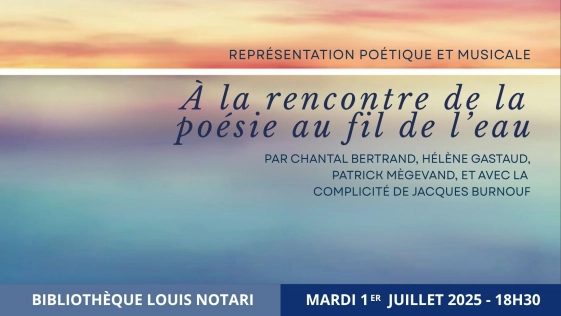
Représentation poétique et musicale "A la rencontre de la poésie au fil de l’eau" par Chantal Bertrand, Hélène Gastaud, Patrick Mègevand, et avec la complicité de Jacques Burnouf

Raconte-moi...un conte sur les animaux + 4 ans
